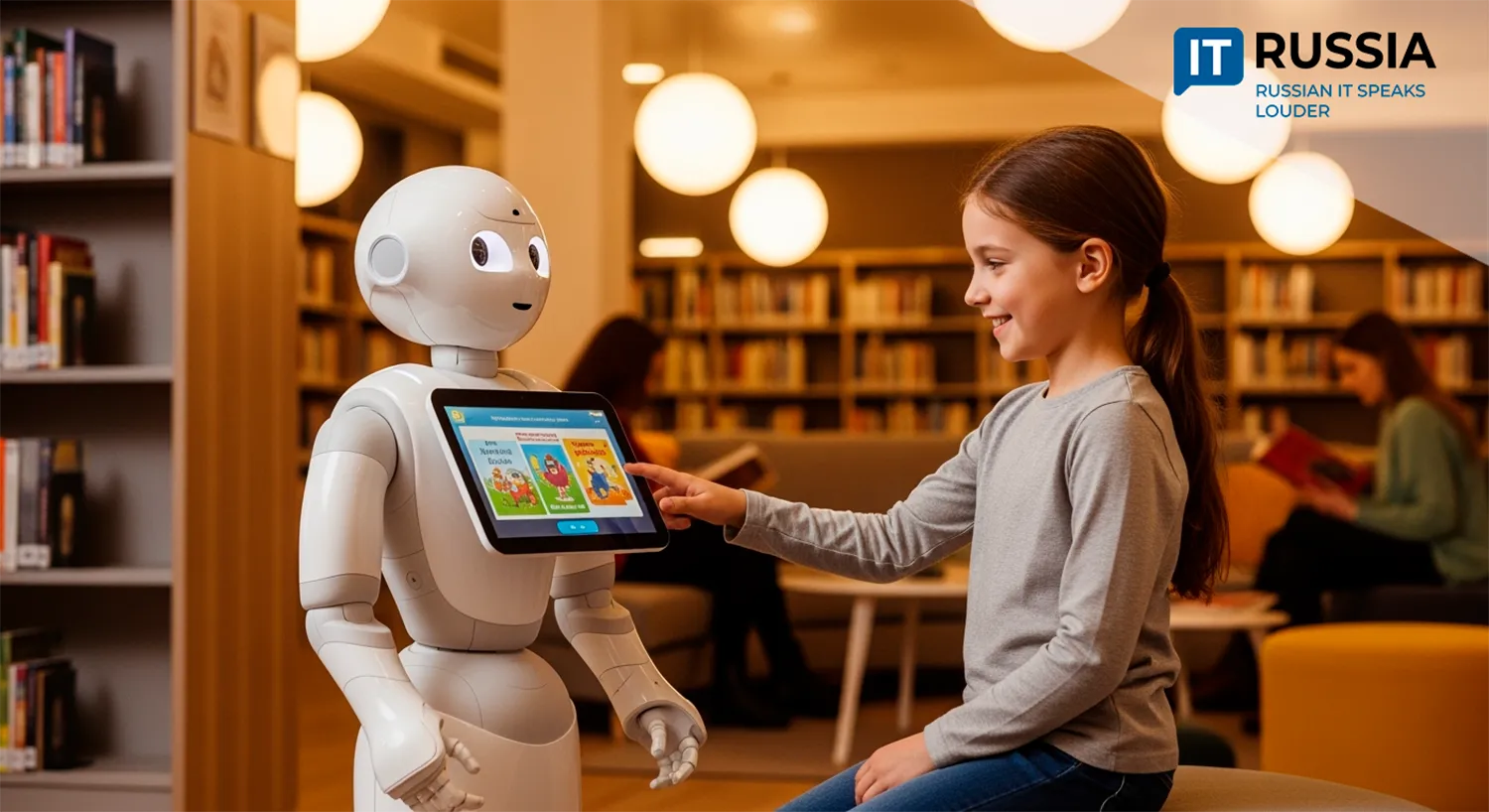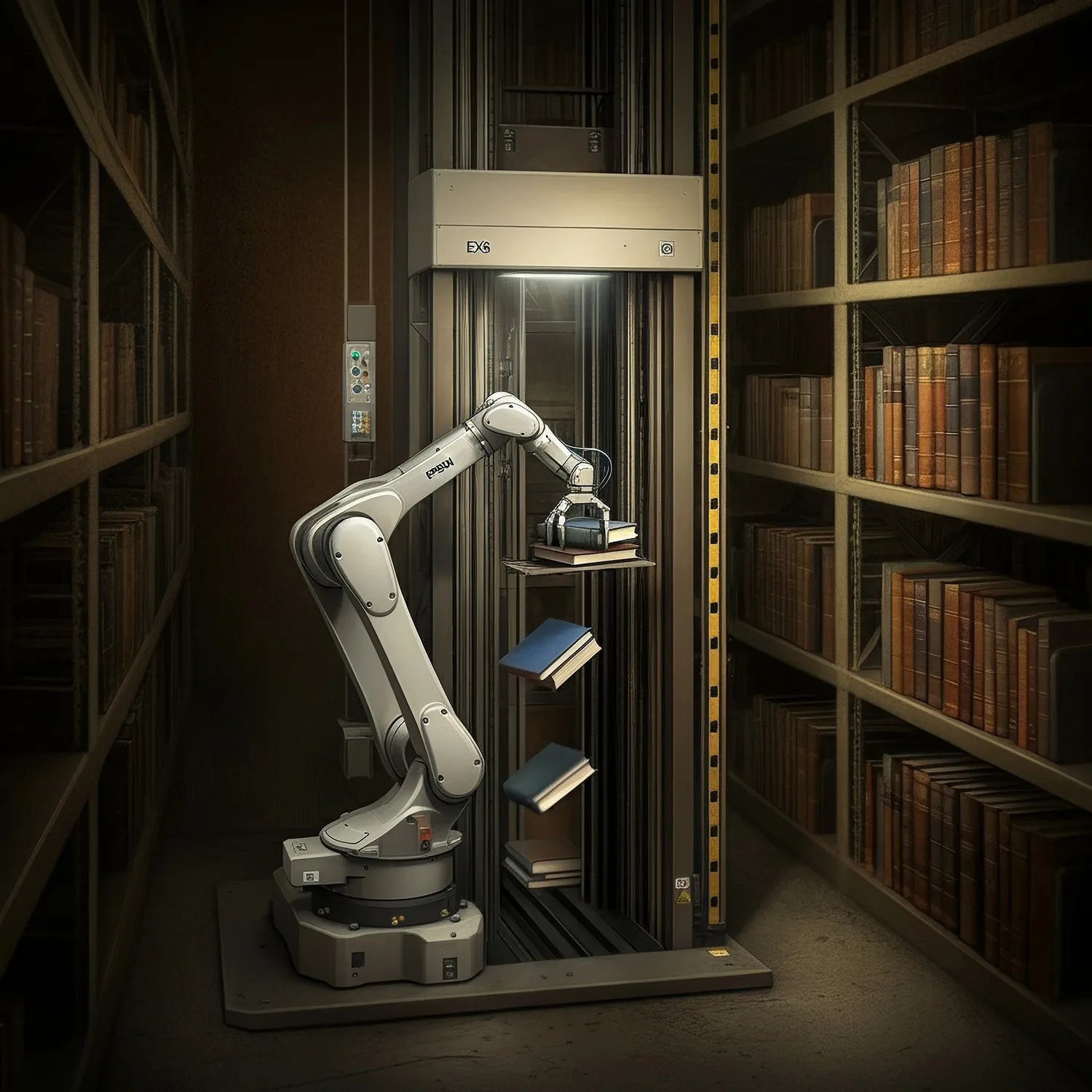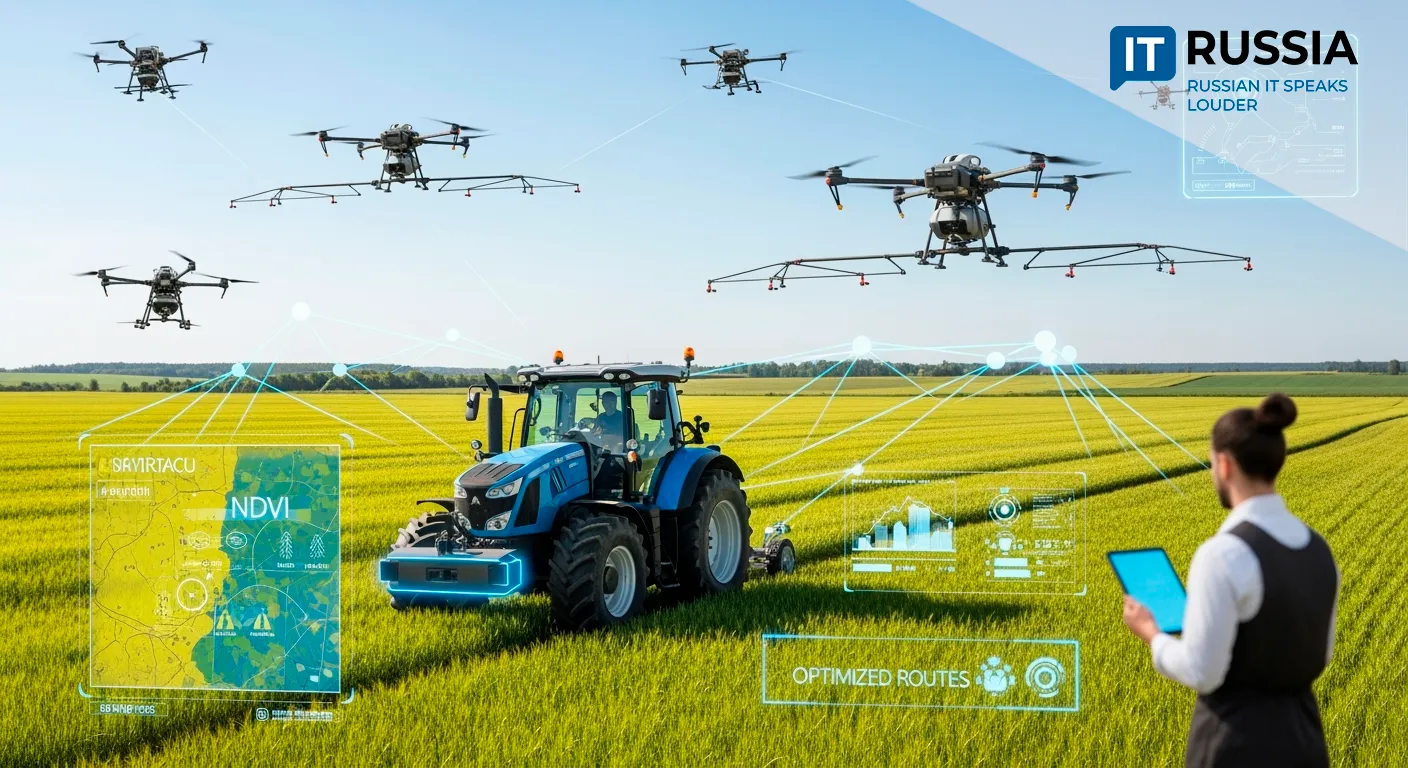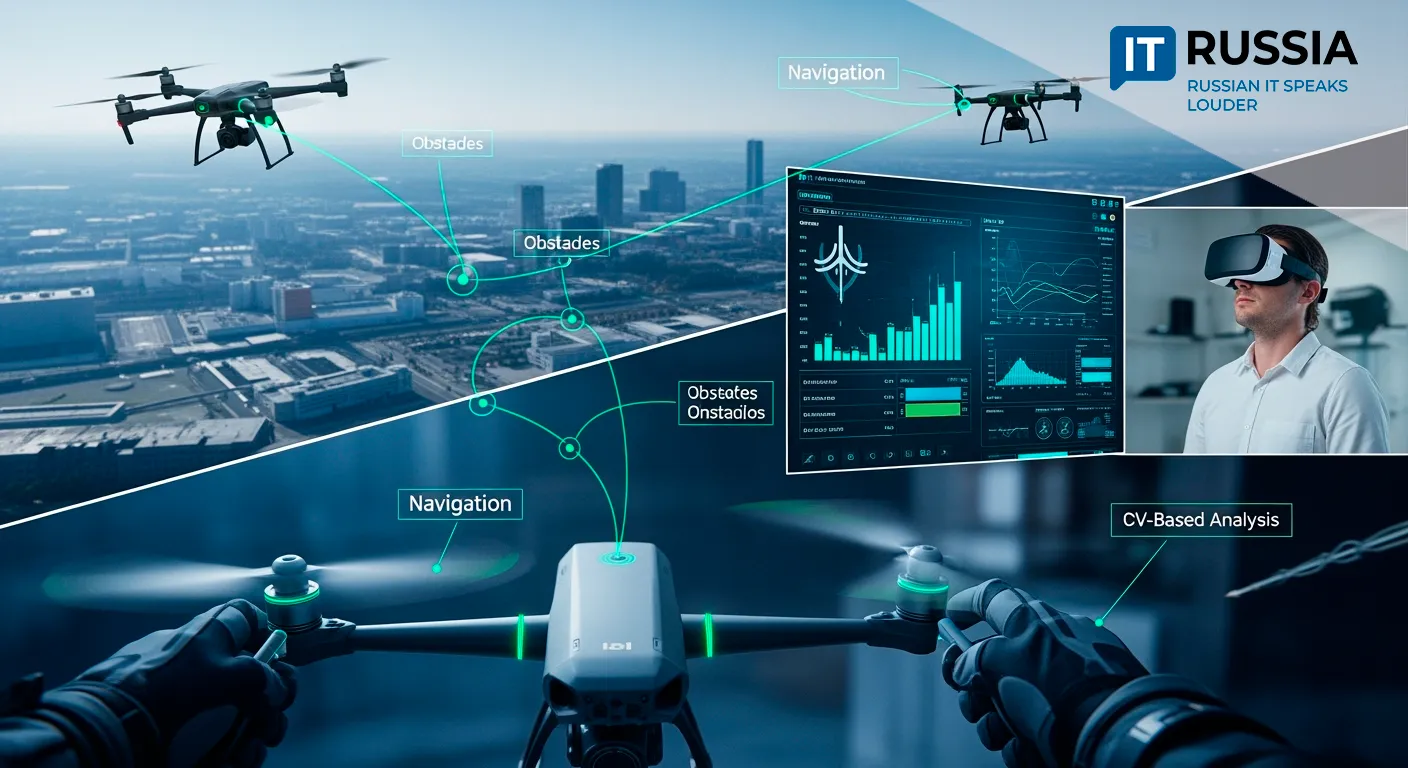A Talking Robot Named Uncle Fyodor Is Reinventing Russian Libraries

Sevastopol is testing R.Bot 100 Plus, a wheeled AI librarian that greets readers, recommends books, and navigates hallways. The robot may be heading to every town and village—and it’s just the beginning.
What can a robotic librarian actually do?
Meet R.Bot 100 Plus: a mobile, voice-controlled, touchscreen-equipped machine designed to assist library patrons. Two units have already been acquired and are undergoing trials at Sevastopol’s Central City Library named after Leo Tolstoy.
Once the pilot phase wraps up, the robots will take up residence at two other libraries—the “Sea Stories” branch on Korabelnaya Street and the rural “Library of Generations” in Verkhnesadovoye.
Each robot is designed to act as a human-friendly library assistant. It can move along a preset route, respond to voice commands, greet visitors, answer basic questions, and suggest reading materials. Future updates will include integration with electronic catalogs and access to detailed library services.

“This isn’t just a machine on wheels,” says Yury Rusakov, system administrator at the Tolstoy Library. “We’re teaching it to navigate the space, understand visitors’ requests, and be genuinely helpful. Our goal is to make it intuitive, friendly, and useful for everyone who walks through the doors.”
Targeting kids—and their curiosity
The robots have names: at “Sea Stories,” the bot is called Captain; in Verkhnesadovoye, he’ll be known as Uncle Fyodor.
With a built-in mic, camera, and touchscreen, Uncle Fyodor can help users find books, locate reading halls, and even guide a short tour of the facility.
“This is especially important for our rural library,” says Elena Nutrachenko, deputy director of library services. “We have a lot of young readers—kids who are endlessly curious and fascinated by anything technical. No other library has a librarian like this, and I believe it will attract a lot of new visitors.”
Children, studies show, are more open to robotic assistance than adults—and they often form emotional bonds with these digital helpers. Companion robots have even been shown to support social skill development in children with autism.

The robot next door
Experts believe it’s only a matter of time before robots become as ubiquitous as smartphones. Household robots already handle cooking, cleaning, and pet care in some homes.
According to forecasts, their average price—currently comparable to a mid-range car—will decrease by 3% annually through 2028, making them accessible to more families.
In 2024, the global robotics market was valued at $42.59 billion. At the INNOPROM expo in Yekaterinburg, visitors were greeted by humanoid assistant bots like Ardi the hostess—capable of basic conversation, head movement, and even simulated emotional responses.
In Moscow, Ardi is already in service at a residential complex, helping guests find apartments and entertaining children.

From library testbed to rural infrastructure
Russia aims to break into the world’s top 25 nations in robot deployment by 2030.
Since 2024, domestic robot buyers have been eligible for state subsidies, and Russian robotics firms have ramped up production.
The testing of R.Bot 100 Plus marks a systemic shift in deploying AI assistants in public service institutions. Developers plan to expand functionality with a focus on assisting the elderly and disabled, integrating with digital archives, and supporting educational and cultural programs.
While modest in scale, the library experiment reflects a deeper trend in the country’s digital transformation of civic life. If successful, this model could be deployed in other Russian libraries—or in small towns searching for cost-effective ways to modernize local services.










































